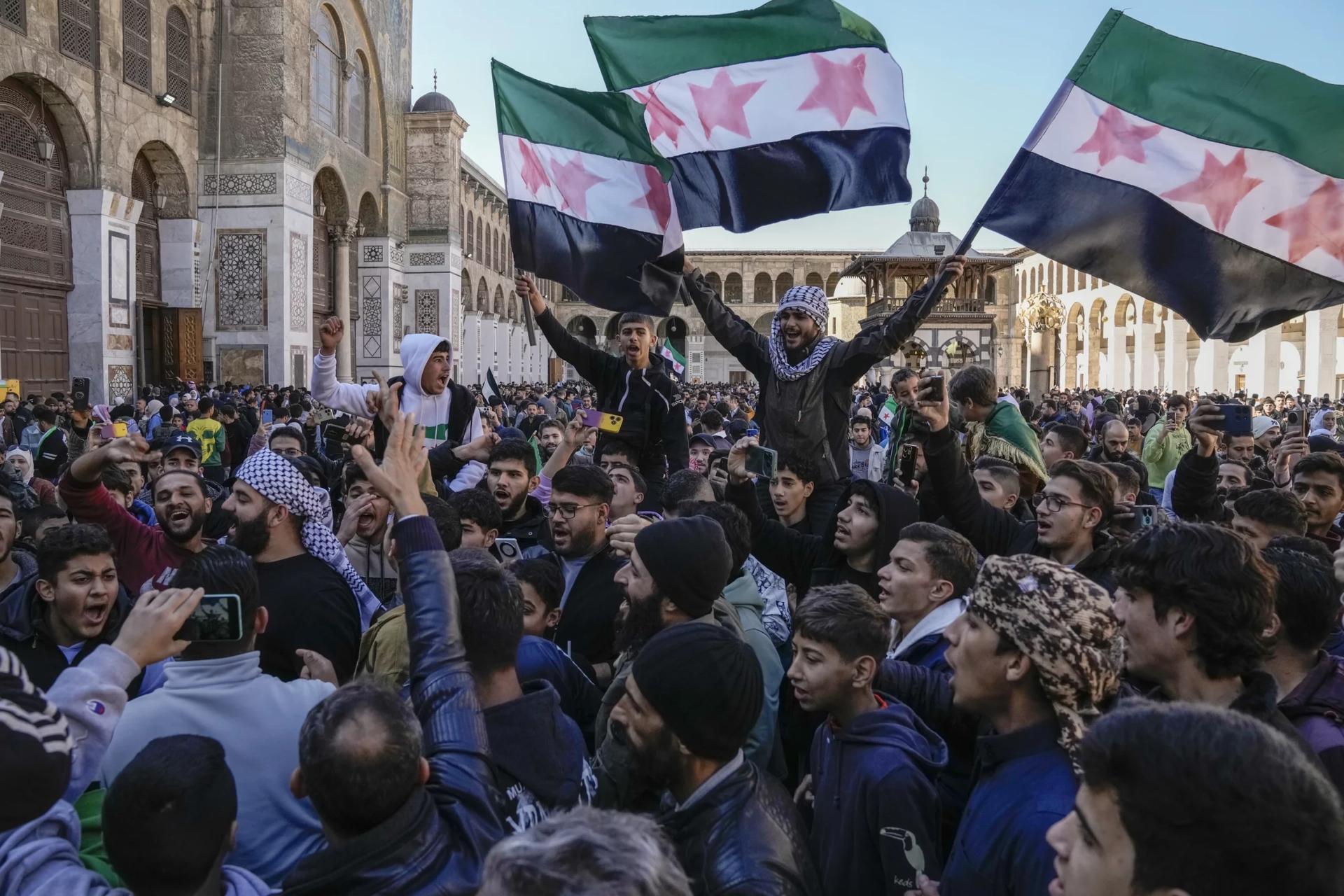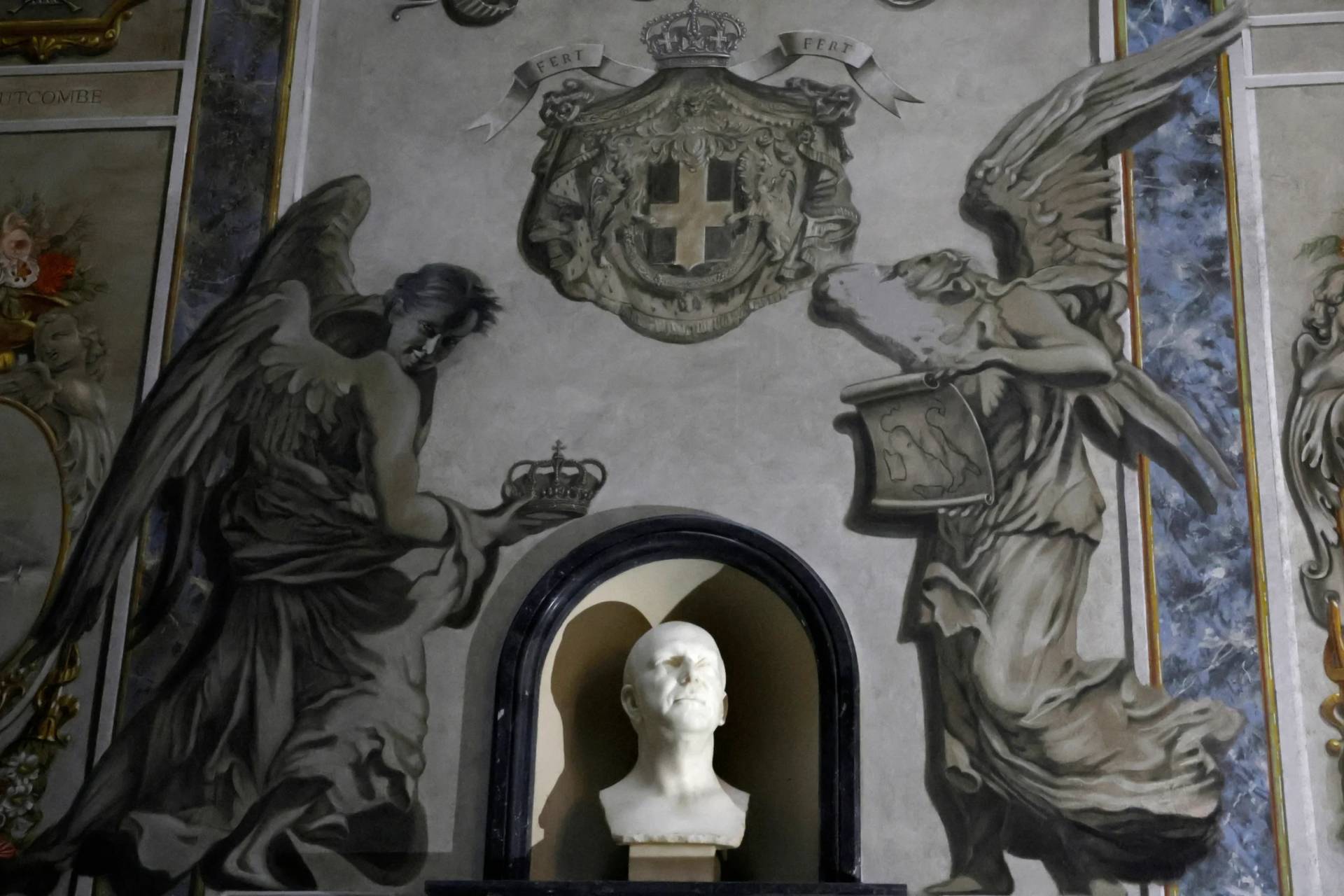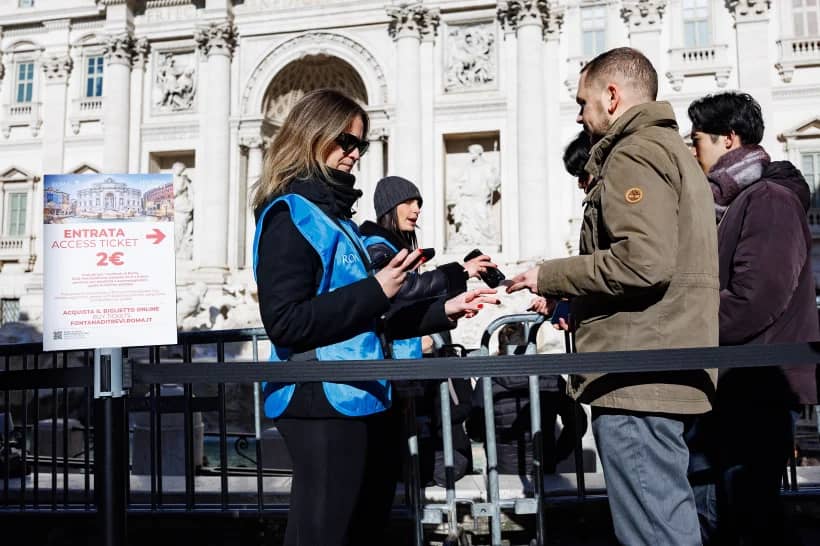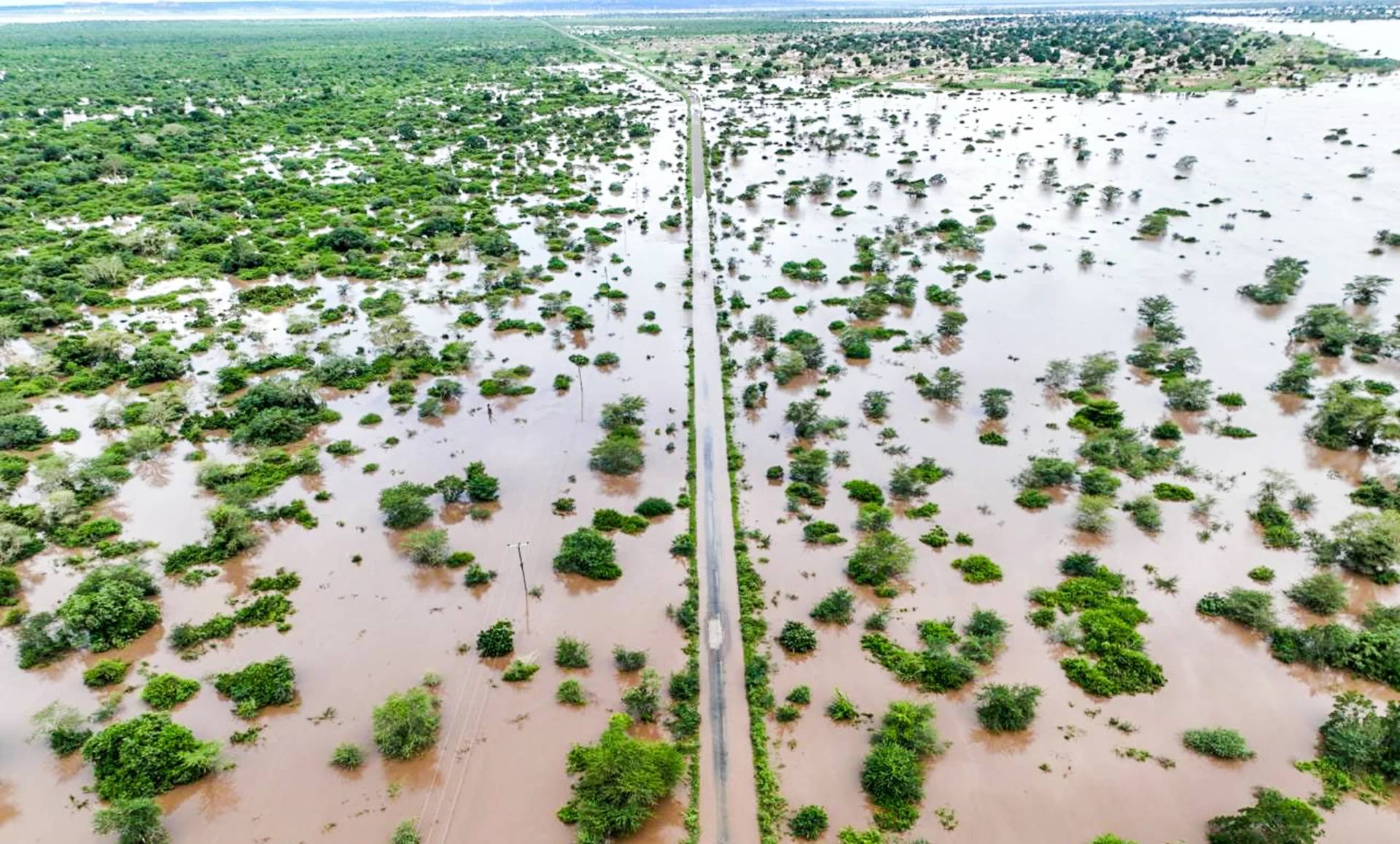ROME – With the European Union poised to ease sanctions on Syria following the ouster of its former governing regime last fall, Europe’s bishops have urged the protection of persecuted communities and investment in rebuilding.
In a Feb. 19 statement, Bishop Mariano Crociata of Latina and President of the Commission of the Bishops’ Conferences of the European Union (COMECE), lamented the ongoing humanitarian crisis in Syria after over a decade of war, and called for European institutions to invest in peacebuilding.
He highlighted four key priorities for EU institutions and leaders as things move forward, including the sustained provision of humanitarian support; investment in economic recovery through the easing of sanctions and support of the private sector; fostering equal citizenship by providing constitutional protections for minority groups; and promoting efforts in dialogue, healing and reconciliation.
Crociata in the statement said he had received a letter from Youlian Jacques Mourad, Syrian Catholic Archbishop of Homs, recounting the dire situation on the ground, including “the ongoing humanitarian crisis in Syria after more than a decade of conflict, violence and suffering.”
At the end of last year, insurgent forces led by the Islamist Hayat Tahrir al-Sham (HTS) carried out a coup that ousted Syrian President Bashar al-Assad from power following a civil war that spanned more than a decade and was ignited by an effort to oust him from leadership.
Much of Syria’s infrastructure remains in ruins, including many of its hospitals and schools, and sanctions have placed additional strain on the population, some 90 percent of which lives in poverty and lacks access to basic necessities, such as food, medical supplies, gas, and electricity.
In his statement, Crociata said Syrians regardless of religious or ethnic background “have faced unimaginable hardships” such as poverty, displacement, and the destruction of their homes, communities and livelihoods.
Christians, in particular, have been “an integral and essential part of the history and culture of the region for centuries,” but are now struggling “to maintain their historical continuity in their homeland,” he said.
“The erosion of Christian communities would be a tragic loss not only for Syria but also for the stability of the region and the world,” he said, and urged EU institutions and the international community to acknowledge the value of Christians in Syria.
He also urged them to take concrete steps toward ensuring “their protection, preservation and flourishing,” especially the most vulnerable, including women, children, elderly, people with disabilities, and religious minorities.
The responsibility to safeguard the population and especially minority communities, Crociata said, is one that goes beyond initial humanitarian needs and prioritizes long-term strategies for rebuilding and reconciliation in the population.
To this end, Crociata called on the EU and its member states to provide “sustained and adequate funding” to partners in a bid to ensure that basic necessities such as food, shelter, education and healthcare, including psychological treatment and healing from trauma, are met.
A framework must be created allowing Syria’s private sector to grow and operate “with appropriate safeguards and guarantees,” he said, and welcomed the EU’s decision to gradually ease energy, transportation, and reconstruction sanctions against Syria.
As part of the plan, the EU will also facilitate financial and banking transactions, and will extend humanitarian exemptions to allow the continued delivery of aid.
EU leaders agreed in January on a roadmap to easing sanctions on Syria but left the details up for negotiation, meaning key decisions still have to be made.
Crociata in his statement urged the EU and its member states to protect minority rights in Syria and to “ensure that they are included in the constitutional process and reconstruction efforts, and that they are recognized and treated as equal citizens.”
“We also call on the EU and its Member States to support initiatives that promote dialogue, reconciliation and healing among Syria’s diverse communities,” he said, saying there is currently a serious risk of retaliation against those perceived as supportive to the Assad regime.
In this context, Crociata said “it is necessary to avoid revenge and to create a legal framework that applies transitional justice in a fair and inclusive manner.”
He assured of the church’s ongoing support for Syrian refugees and those displaced by the country’s brutal civil war, as well as those fleeing persecution, and asked that they be treated with “dignity and respect.”
It is the responsibility of EU states and institutions, he said, to “create conditions that allow for the safe and voluntary return of refugees and their families to their homes.”
“As bishops of the European Union, we stand in solidarity with our brothers and sisters in Syria, especially the Christian communities who have borne witness to their faith in Our Lord in the face of immense adversity,” he said.
Crociata called on all people of peace and goodwill in Syria to work for a future in which all citizens “can live in freedom, security and hope.”
Follow Elise Ann Allen on X: @eliseannallen














